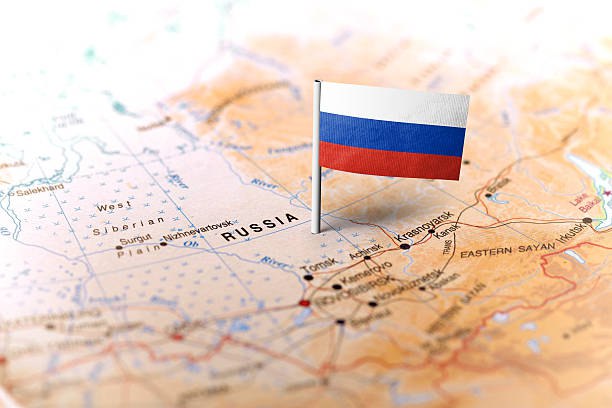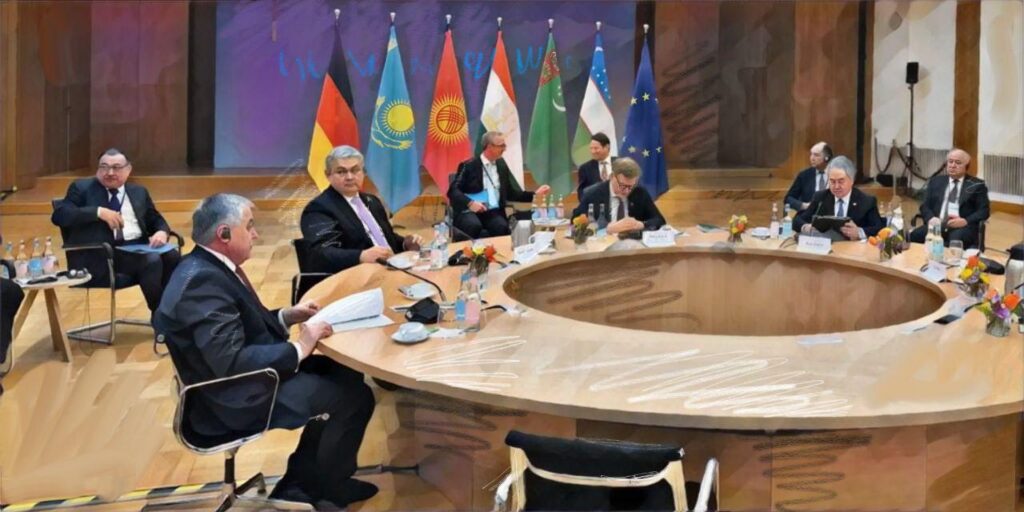The government of the Republic of Uzbekistan may agree with the leadership of Germany on sending its labor migrants to Europe in return for the deportation of Afghan refugees. This was reported by the Bloomberg agency. According to sources, Germany is negotiating with Uzbekistan on the conclusion of a migration pact, which may include the deportation of Afghan asylum seekers, so that Berlin does not have to make direct deals with the Taliban.
Chancellor Olaf Scholz has promised a tougher stance on migration, including the deportation of asylum seekers from Afghanistan and Syria. The decision follows a recent series of violent attacks and growing sympathy for the populist far-right in Germany. Interior Minister Nancy Feather, a senior member of Scholz’s center-left Social Democrats party, sent officials to the Uzbek capital, Tashkent in late May to negotiate a pact on migration and deportation. Any prospective deal is yet to be finalized.
Under the proposed plan, the Uzbek government would accept a limited number of rejected Afghan asylum seekers deported from Germany, and then send them to neighboring Afghanistan using private flights to Kabul.
The Uzbek government is considering the idea, but wants any migration pact to also include bilateral rules allowing for the legal migration of skilled workers from Uzbekistan to Germany. According to sources, the German government’s special representative for migration agreements, Joachim Stamp, will soon travel to Uzbekistan for further negotiations on such an agreement. An interior ministry spokeswoman declined to comment on the plan, which was also reported by Der Spiegel magazine and the DPA news agency.
Following a fatal knife attack by an Afghan refugee on a German policeman, Chancellor Scholz, delivering a speech on law and order in parliament on June 6, said his government would allow criminals to be deported to Taliban-ruled Afghanistan and war-torn Syria.
“Serious criminals and terrorist threats have no place here,” Scholz said, adding that the interior ministry was working on practical implementation and was already in talks with countries bordering Afghanistan. Germany previously completely halted deportations to Afghanistan shortly before the Taliban returned to power in the summer of 2021.









